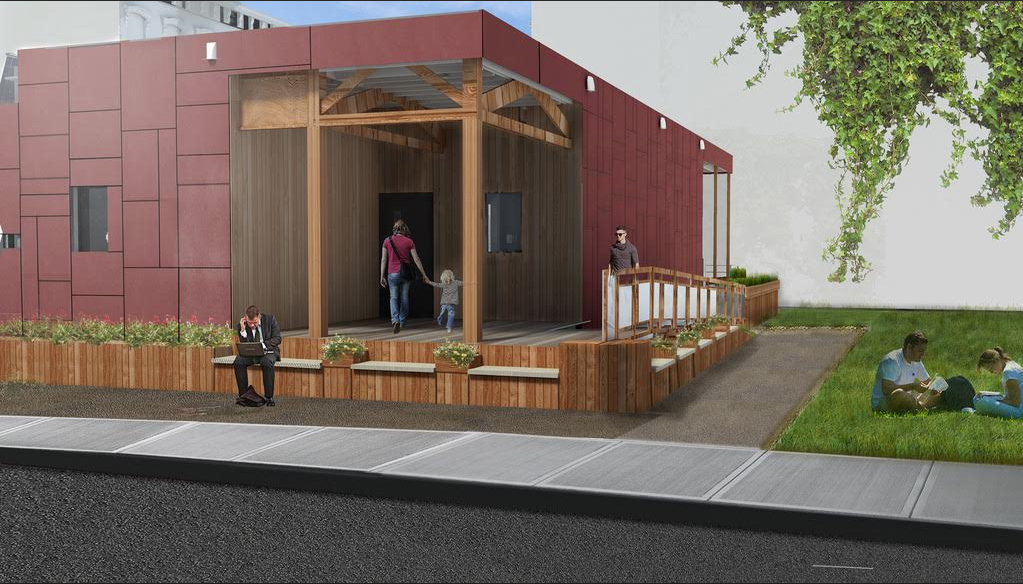City Tech students ready to compete in solar home decathlon

Students from New York City College of Technology (City Tech) held a send-off party at the Brooklyn Navy Yard on Thursday for a solar home they built, which will be shipped to California and entered into the 2015 Solar Decathlon International Competition in October.
It took more than 80 undergraduate students two years to plan the house and four months to build it, as students worked 12-hour days, six days a week throughout the summer to put it together. In order to win the competition, the 1,000-square-foot house must pass 10 tests to prove that it’s livable, supplies energy to its appliances and needs to produce at least as much energy as it consumes.

Brooklyn Boro
View MoreNew York City’s most populous borough, Brooklyn, is home to nearly 2.6 million residents. If Brooklyn were an independent city it would be the fourth largest city in the United States. While Brooklyn has become the epitome of ‘cool and hip’ in recent years, for those that were born here, raised families here and improved communities over the years, Brooklyn has never been ‘uncool’.